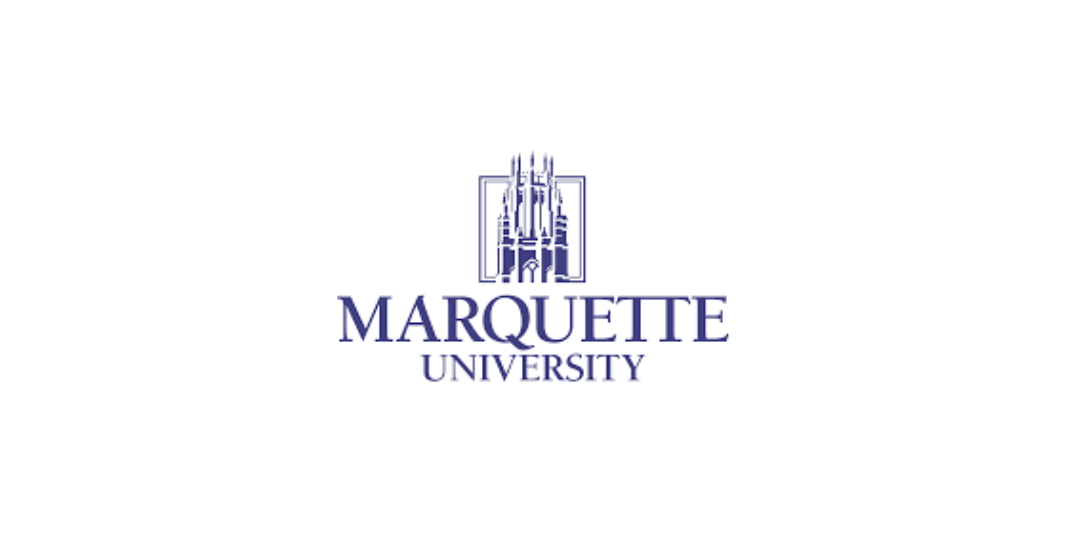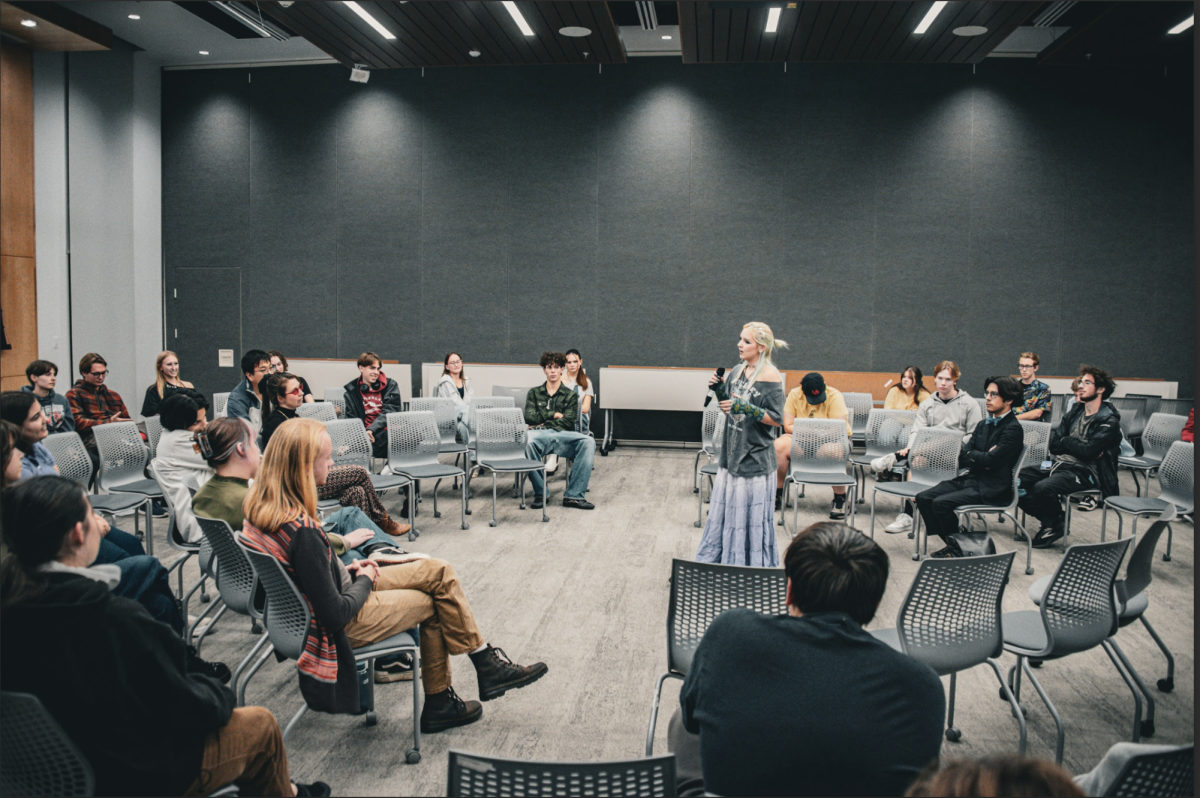As artificial intelligence (AI) continues to shape the educational landscape, the need for accurate, inclusive, and research-based learning tools becomes increasingly urgent. In response to this demand, OpenStax—a nonprofit based at Rice University and the world’s largest publisher of open educational resources (OER)—has taken steps to ensure that students and educators alike benefit from credible and equitable content in emerging AI ecosystems.
In 2021, AVDF recognized the organization’s transformative potential and awarded a $500,000 grant to support the development of a robust liberal arts textbook catalog. That investment culminated in the creation of seven new textbooks, addressing a chronic gap in accessible materials for the humanities and social sciences.
Since that time, OpenStax has joined forces with both Google and Microsoft to integrate its library of more than 80 peer-reviewed, openly licensed textbooks into the widely used AI platforms Google’s Gemini and Microsoft’s Learning Zone.
The collaborations represent a significant step forward in democratizing access to reliable educational materials. By embedding OpenStax content into Gemini, the initiative enables learners and educators to interact with trusted academic resources in real time. For example, users can input queries such as “@OpenStax explain the concept of supply and demand?” and receive tailored, evidence-based responses grounded in leading academic scholarship.
Google, for its part, affirms the central role of education in its AI roadmap. Jack Krawczyk, senior director of product management for Gemini Experiences, emphasizes the growing demand for educational applications:
“Learning is one of the most popular ways people use Gemini, which is why we’re excited to partner with the world’s most trusted publisher of high-quality, open educational content. Building upon quality, rich and specific content helps Gemini create captivating learning experiences that inspire curiosity, encourage critical thinking and allow more students to learn effectively,” said Krawczyk in a statement.
In addition to the Gemini partnership, OpenStax has launched a similar initiative with Microsoft through its integration into the Microsoft Learning Zone, available on Copilot+ PCs. Microsoft’s new educational platform uses on-device AI to generate interactive, personalized lessons for students. By incorporating OpenStax’s rigorously vetted content, the platform allows educators to construct high-impact learning experiences without the need to source and validate materials independently.
Deirdre Quarnstrom, Vice President of Microsoft Education, underscored the strategic importance of this collaboration: “Through our partnership with OpenStax, we’re combining the power of on-device AI in Copilot+ PCs with OpenStax’s trusted and diverse peer-reviewed content to help educators quickly create high-quality, personalized, engaging lessons,” she said in a statement.
In the current era, when online misinformation and content inconsistency threaten to undermine educational quality, the integration of OpenStax’s content into major AI platforms serves as a critical safeguard. By embedding authoritative materials directly into the tools students already use, these partnerships help learners distinguish credible knowledge from unvetted information.
Importantly, these partnerships do not signal a departure from OpenStax’s foundational mission of universal access. All OpenStax titles remain freely available through OpenStax.org, with low-cost print options offered to meet diverse learner preferences.
With usage spanning 13,500 K–12 schools and 71% of U.S. colleges and universities, and adoption in 153 countries globally, OpenStax exemplifies the potential of nonprofit-led educational innovation. Its AI integrations with Google and Microsoft demonstrate how philanthropic investment, institutional collaboration, and technological infrastructure can converge to address systemic inequities in education.
Back to all Stories


